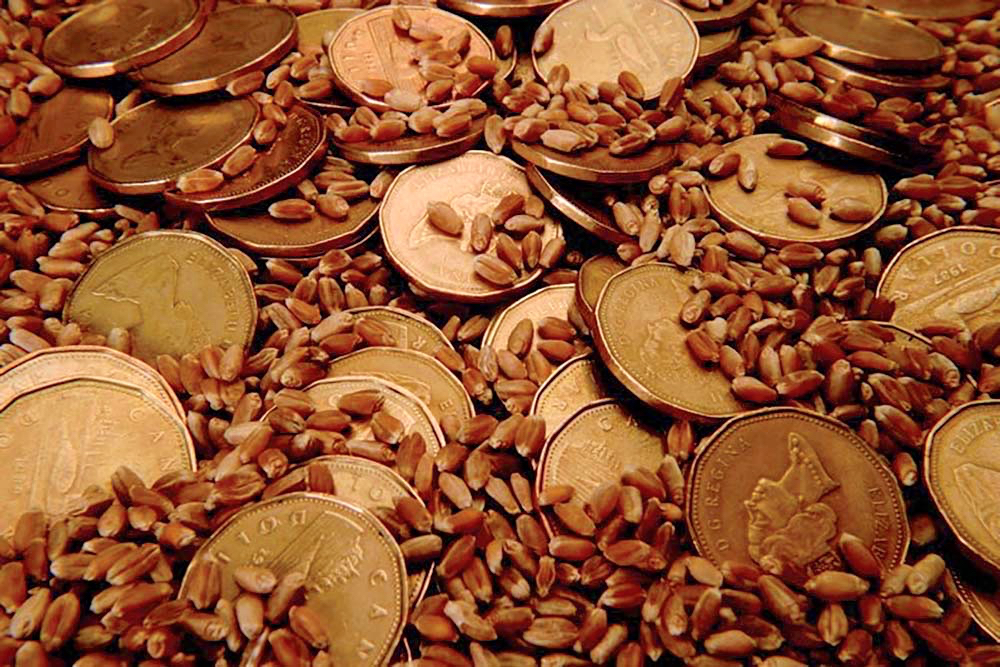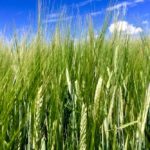Chicago | Reuters – The spring wheat crop in North Dakota, the top U.S. producer of the grain, should yield less than last year due to a mix of dry June weather in the state’s western area and excessive rain in the southeast, crop experts said on Tuesday. The United States is projected as the













